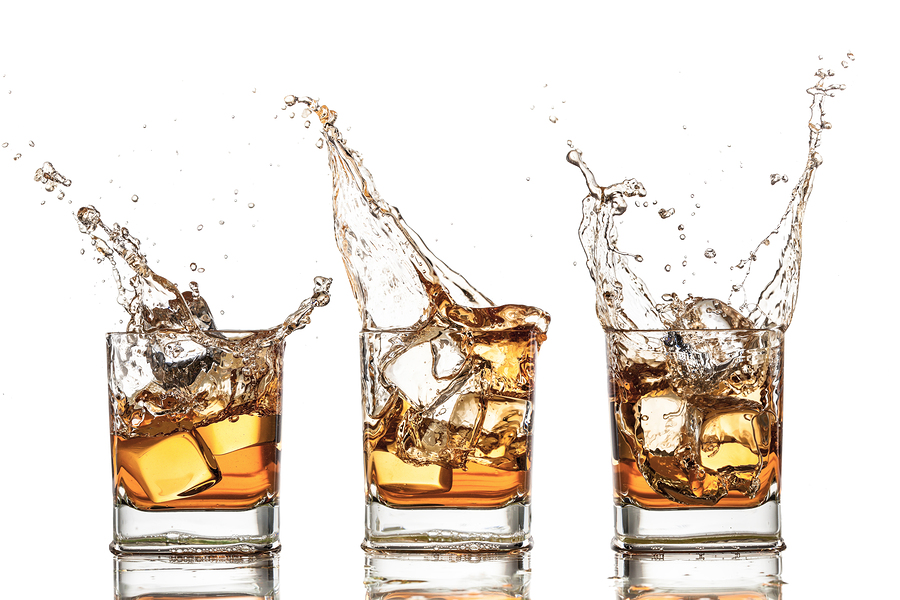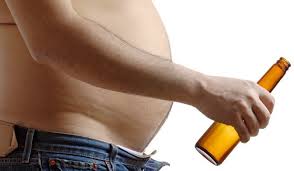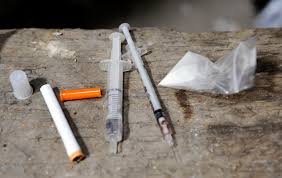Depression And Female Sex Addiction
How Depression And Female Sex Addiction
Not much information exists on the effects of Depression on Female Sex Addiction. Not much information exists on Female Sex addiction. This even though estimates are that at least 1/3 of sexual addicts are women.
Why so little information?
There are several reasons for the lack of information regarding Female Sex Addiction. The first is that sex addiction is misunderstood. Many women who regard their sex lives as being out of control are reluctant to identify themselves as sex addicts because of the perceived stigma surrounding the disease.
The second problem when dealing with female sex addiction is that many therapists themselves do not believe that women can become addicted to sex. This is what is called a “cultural bias” which is something that many people cannot identify by themselves, sometimes not even when it is repeatedly pointed out to them. They would ask why, if there are so many female sex addicts, do they not see any? The answer to that question is that they are asking the wrong questions, or they are asking the right questions in the wrong way or setting. Women are subject to many taboos and restrictions that men either do not feel at all or may feel in a different way.

For instance, a man who is asked if he has had sex in inappropriate situations or with people not appropriate to have sex with might take that question as a chance to answer honestly while doing a bit of bragging about himself. This is because there are mixed messages about who men can and cannot have sex with, and when a man violates these messages he can feel a mix of both elation—Ha! Got away with that one! And guilt/shame—I did something I really should not have—at the same time.
However, the female sex addict perceives a lot of shame associated with her activities—whether it’s compulsively masturbating or viewing porn sites or having one affair after the other. She is more likely to suffer depression and to seek help for the depression which is both masking and exacerbating the symptoms of sexual addiction than is a man.
Some therapists believe that female sex addiction is a result of early sexual abuse. The theory goes that the addiction begins as a way to overcome the feelings of guilt and shame engendered by such abuse, The problem with viewing sex addiction as a coping mechanism is that as a coping mechanism it brings its own burden of guilt and shame because of the restrictions society places on women. So even when she seeks treatment for the guilt and shame, expressed as depression and anxiety, she cannot fully participate in the therapy because she “knows” that this part of her disease process would be unacceptable—so she “neglects” to tell her therapist about her sex addiction.
Another problem therapists encounter is that sex addicts need to diagnose themselves because there is no clinically accepted way actually to diagnose and treat sex addiction in either male or female patients. It was not until recently that sex addiction was recognized as an addiction. Before that happened, there were only some very uncomplimentary labels associated with the types of behavior these women struggle with. However, recently there have been some studies that seem to associate the brain chemistry responses of sex addicts with the same brain chemistry responses of drug addicts. This makes the case for sex addiction being regarded as just as much an addiction to drugs. This is a good thing as it gives the women and men who struggle with their addiction to sex a measure of hope that they can overcome their problem. It also gives something for therapists to look at. This is important because there are still many therapists who think that sex addiction is not really an addiction—just something that needs counseling.

The down side to this is that there is still no accepted way to diagnose sex addiction on a clinical basis. That is, there is no accepted blood test or MRI test that will definitively diagnose one person as being a sex addict, just as there is no clinical way to diagnose a gambling addict. The diagnosis still has to be made as a list of symptoms, and this is how many female sex addicts hide their illness from others and themselves. They tell the therapist about their depression and their anxiety, but unless the therapy goes on for a while and the therapist starts to hear the same story about different men, they may have no clue that the woman they’re dealing with is dealing with sex addiction in addition to their depression and anxiety.
So what do you look for?
- They lie. To everyone, they included. They lie to their boyfriend, spouse, or boss. They lie to the people they have sex with. They lie to get people to have sex with them, and they lie to escape the consequences of having sex with the wrong person.
- Sex consumes them. Their life is run by the next time they can have sex, or masturbate, or look at pornography.
- They’re divorced, dead, fired, or arrested. Sex addicts don’t care about the consequences of having sex. They know that having another affair can get them fired, divorced, or arrested, but they feel the thrill is worth the danger. In fact, some will court danger as the thrill is intensified.
- Intense interest in pornography. Sex addicts almost always develop an intense interest in pornography—whether that be pornographic magazines, images on the internet, or movies.
- They want to stop and can’t. This is the sign of a true addict to anything. All addicts want to stop, and none of them know how. The reason is that they have no idea what normal is, either because they never developed the idea of normal or for some other reason.









